Do cashews contain complete protein? How much protein is in cashews?
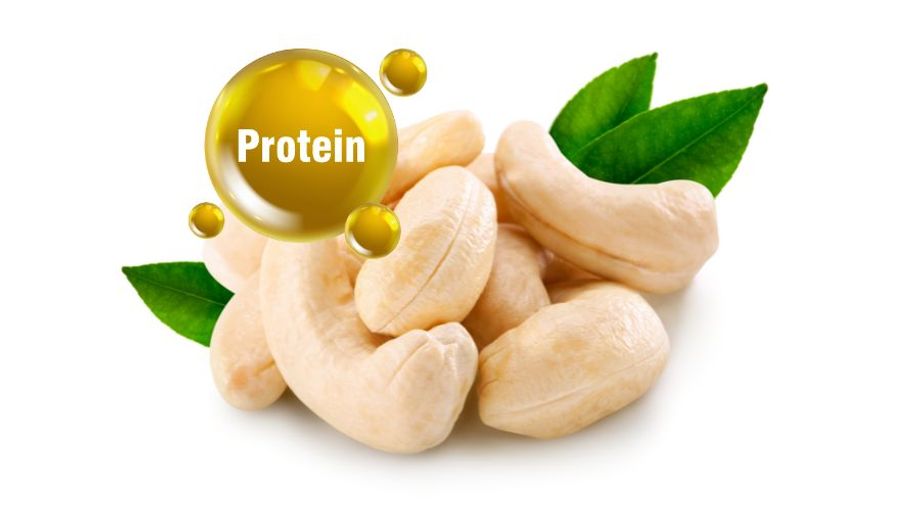
Mục lục
Currently, cashew nuts are very popular and used in daily meals because cashew nuts contain many nutrients that are good for the body. Including protein, but is it complete protein? Let's learn about complete protein in cashew nuts with us through the following article!
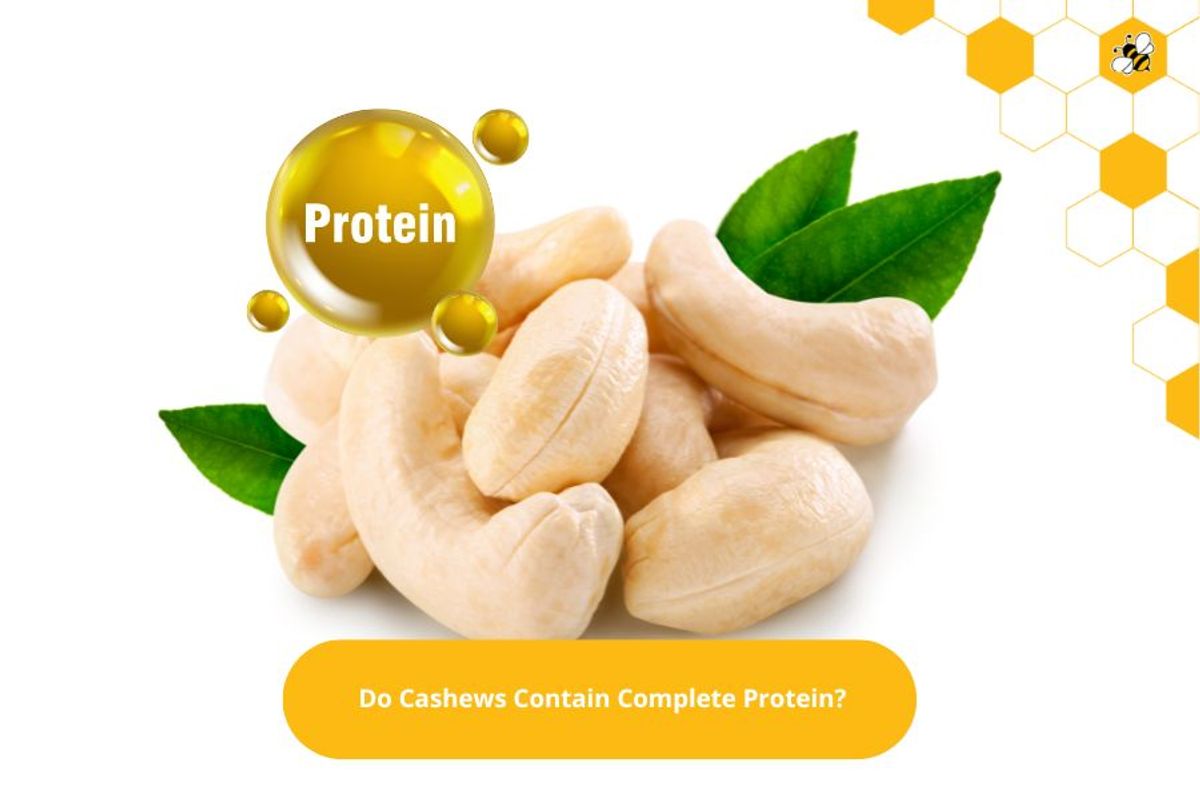
Do Cashews Contain Complete Protein? How Much Protein Is in Cashews
Cashews do not contain complete protein. The protein in cashews does not provide all nine essential amino acids. A complete protein is a food source that contains all nine essential amino acids.
A serving of cashews (about 18 nuts) provides about 5.2 grams of protein. This is a relatively low amount of protein compared to some other food sources such as peanuts, which provide more than 7 grams of protein in a similar amount.
A serving of cashews (about 18 nuts) provides about 5.2 grams of protein. This is a relatively low amount of protein compared to some other food sources such as peanuts, which provide more than 7 grams of protein in a similar amount.
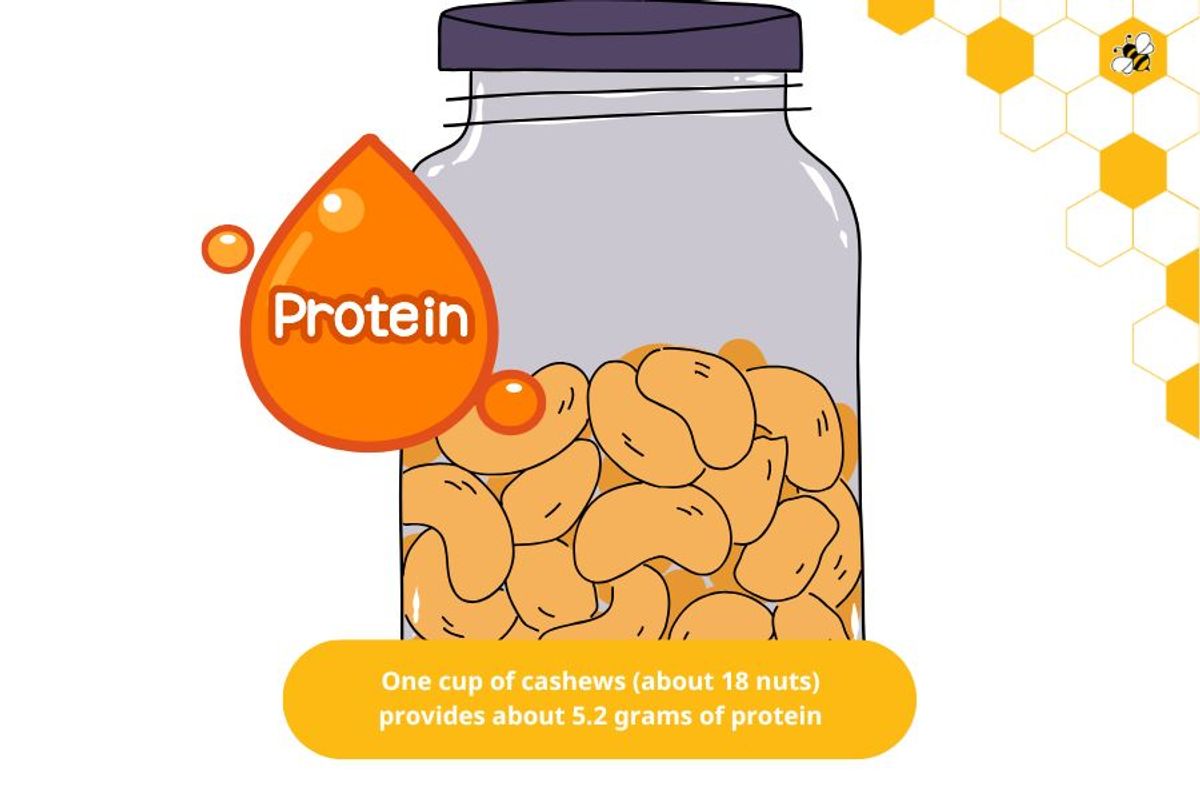
Remember, combining cashews with other food sources can help you ensure you get all the essential amino acids your body needs!
What is a complete protein?
Complete protein (also known as complete protein) is a protein that contains all the essential amino acids that the body cannot synthesize on its own and must be supplied from food. This ensures that the body has enough raw materials to build and maintain basic functions.
Essential amino acids are amino acids that the body cannot produce on its own, so they must be supplied from the diet. There are 9 essential amino acids, including Histidine, Isoleucine, Leucine, Lysine, Methionine, Phenylalanine, Threonine, Tryptophan, and Valine.
Complete protein is usually found in animal food sources such as meat, fish, eggs, and milk. However, some plant foods contain complete protein, such as tofu and soybeans. If you want to add enough protein to your diet, combine these food sources to ensure you get enough of the essential amino acids needed for good health.
Essential amino acids are amino acids that the body cannot produce on its own, so they must be supplied from the diet. There are 9 essential amino acids, including Histidine, Isoleucine, Leucine, Lysine, Methionine, Phenylalanine, Threonine, Tryptophan, and Valine.
Complete protein is usually found in animal food sources such as meat, fish, eggs, and milk. However, some plant foods contain complete protein, such as tofu and soybeans. If you want to add enough protein to your diet, combine these food sources to ensure you get enough of the essential amino acids needed for good health.
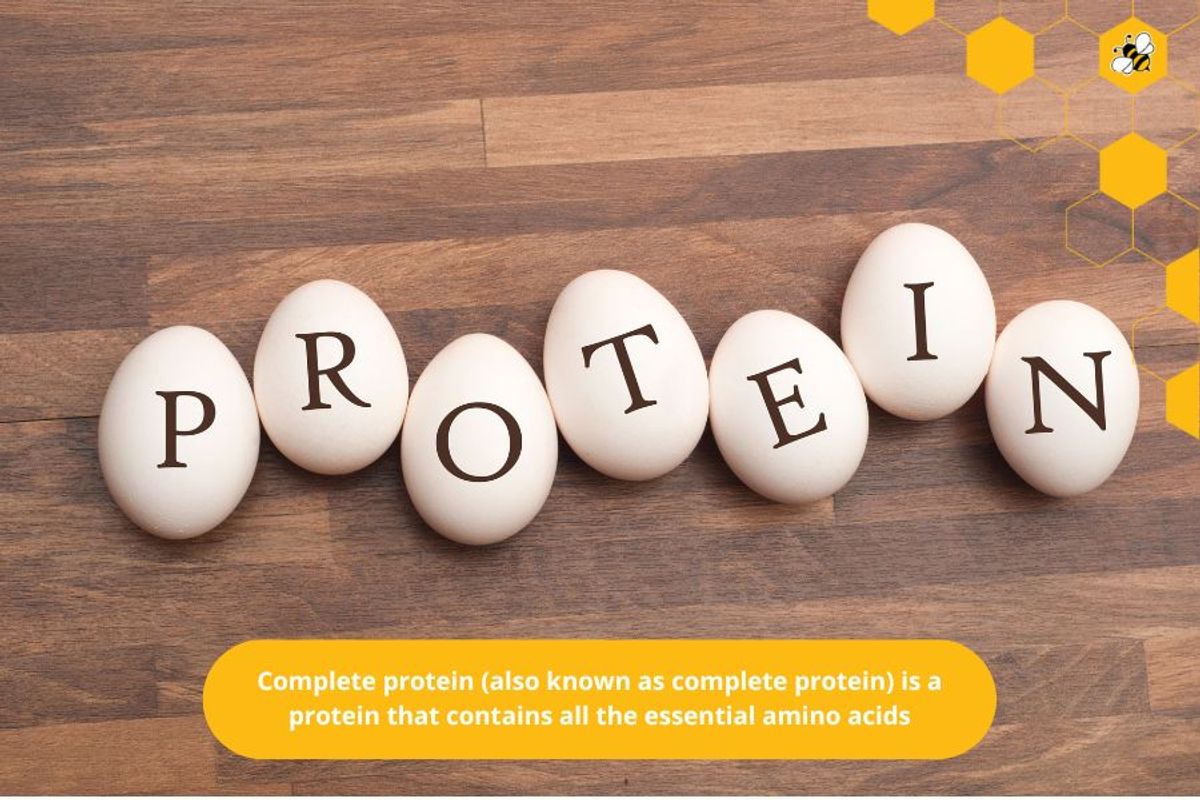
The effects of adequate protein on the body
Complete protein (also known as complete protein) is a type of protein that contains all the amino acids needed by the body. Adequate protein has many important effects on the body. Here are some of the main effects of adequate protein on the body:
Structure and maintenance of the body:
Protein is a structural component of cells, muscles, skin, hair, and nails. They help maintain and regenerate organs and tissues in the body.
The body uses protein to build and repair new cells, especially during growth and recovery from injury.
Structure and maintenance of the body:
Protein is a structural component of cells, muscles, skin, hair, and nails. They help maintain and regenerate organs and tissues in the body.
The body uses protein to build and repair new cells, especially during growth and recovery from injury.
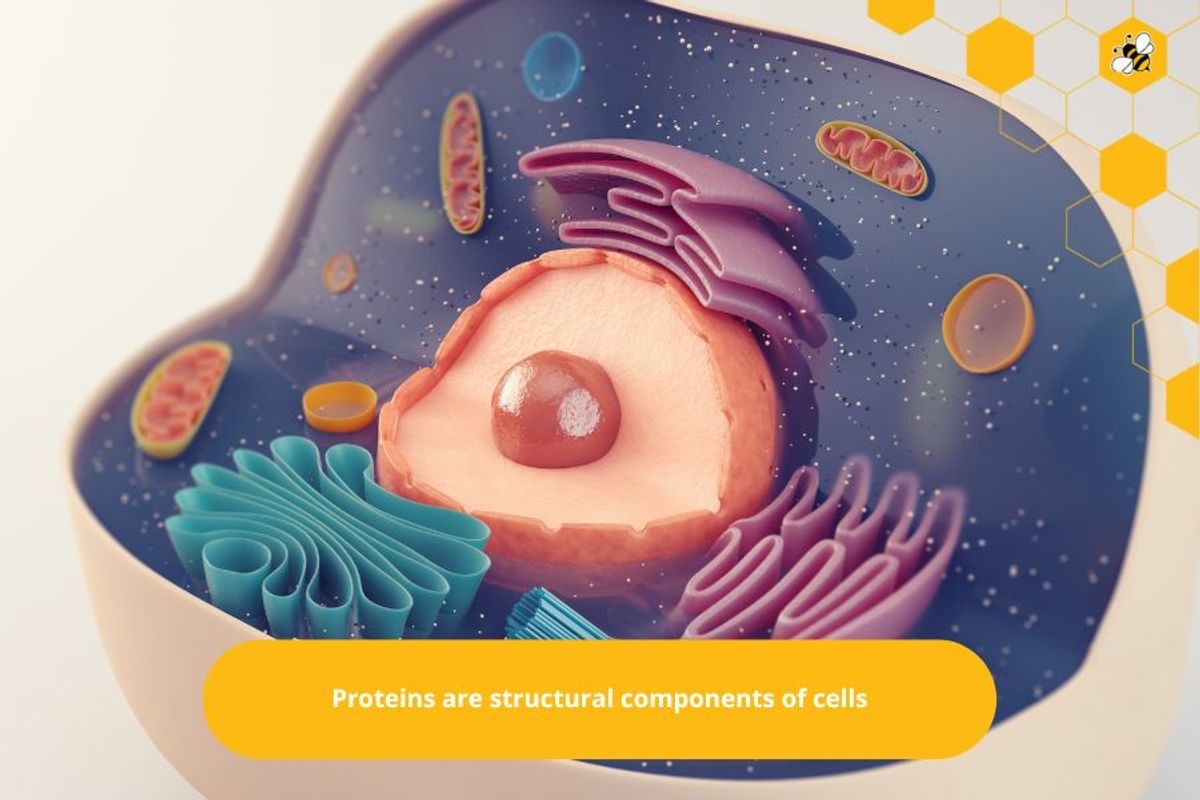
Enzymes and biochemical reactions: Proteins work as enzymes, catalyzing biochemical reactions in the body. They help speed up metabolism, digest food, and synthesize necessary compounds.
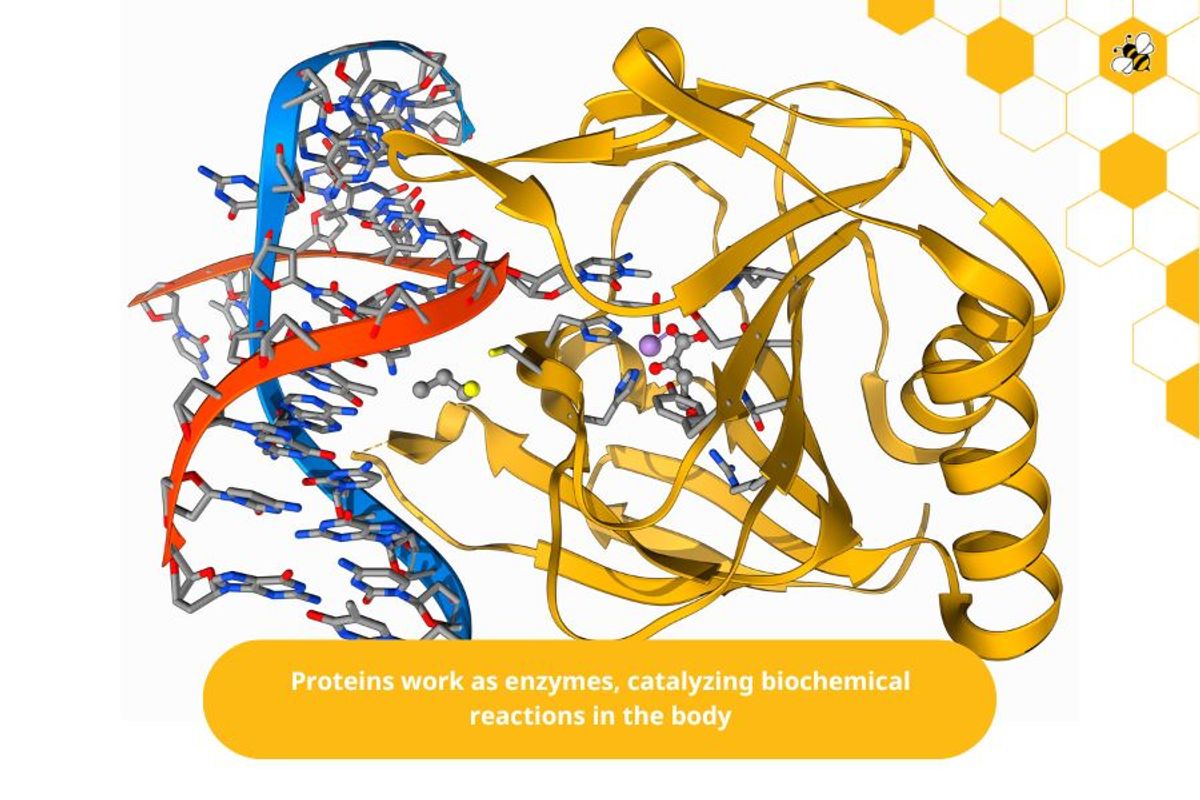
Transporting oxygen and nutrients:
Hemoglobin, a protein in red blood cells, helps carry oxygen from the lungs to other cells in the body.
Proteins transport nutrients such as vitamins and minerals to cells.
Hemoglobin, a protein in red blood cells, helps carry oxygen from the lungs to other cells in the body.
Proteins transport nutrients such as vitamins and minerals to cells.
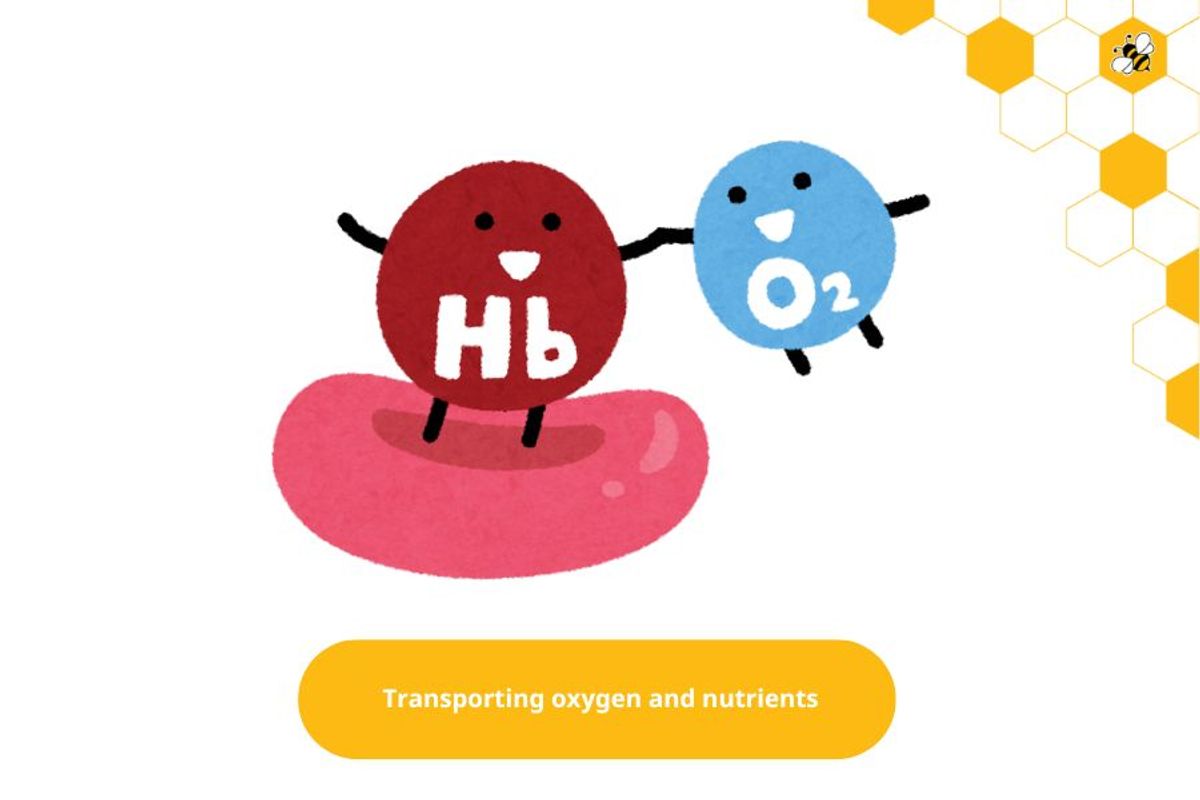
Protecting the body:
White blood cells (which also contain proteins) are responsible for protecting the body from bacteria, viruses, and other pathogens.
White blood cells (which also contain proteins) are responsible for protecting the body from bacteria, viruses, and other pathogens.
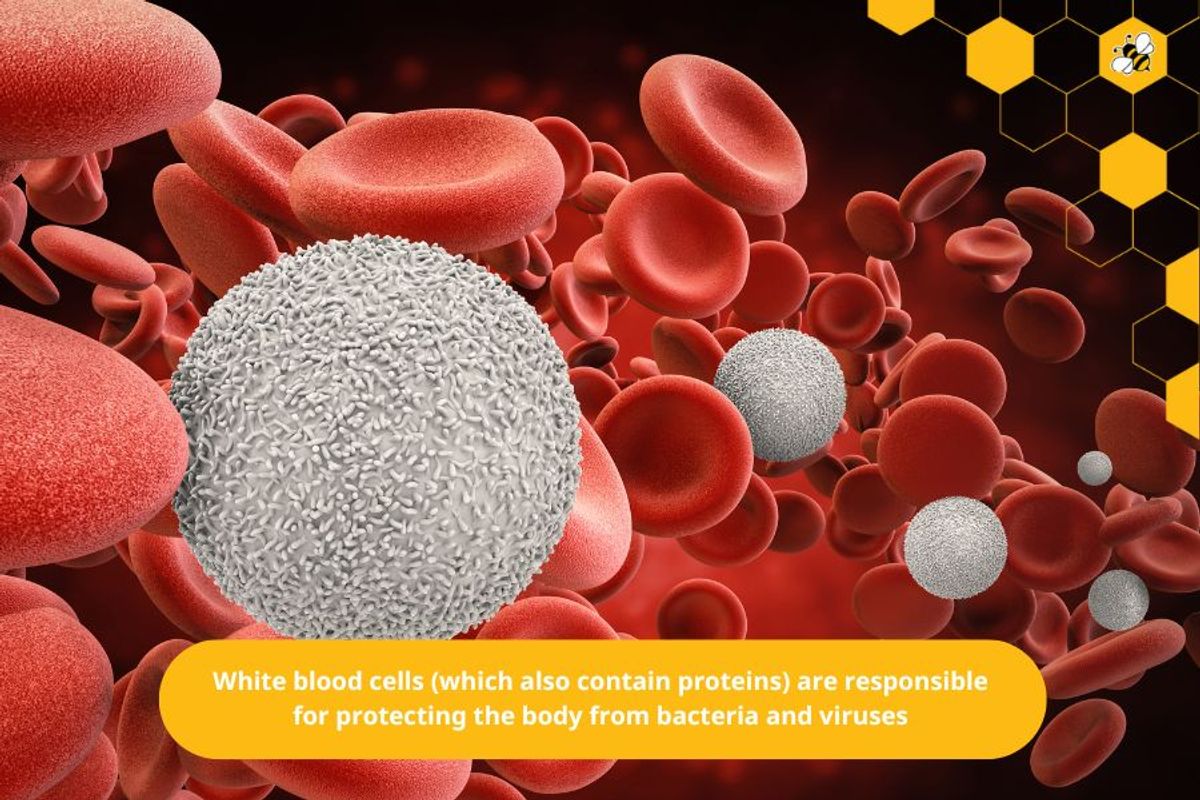
Regulating water metabolism and pH balance: Protein helps maintain water balance in cells and regulates the body's pH.
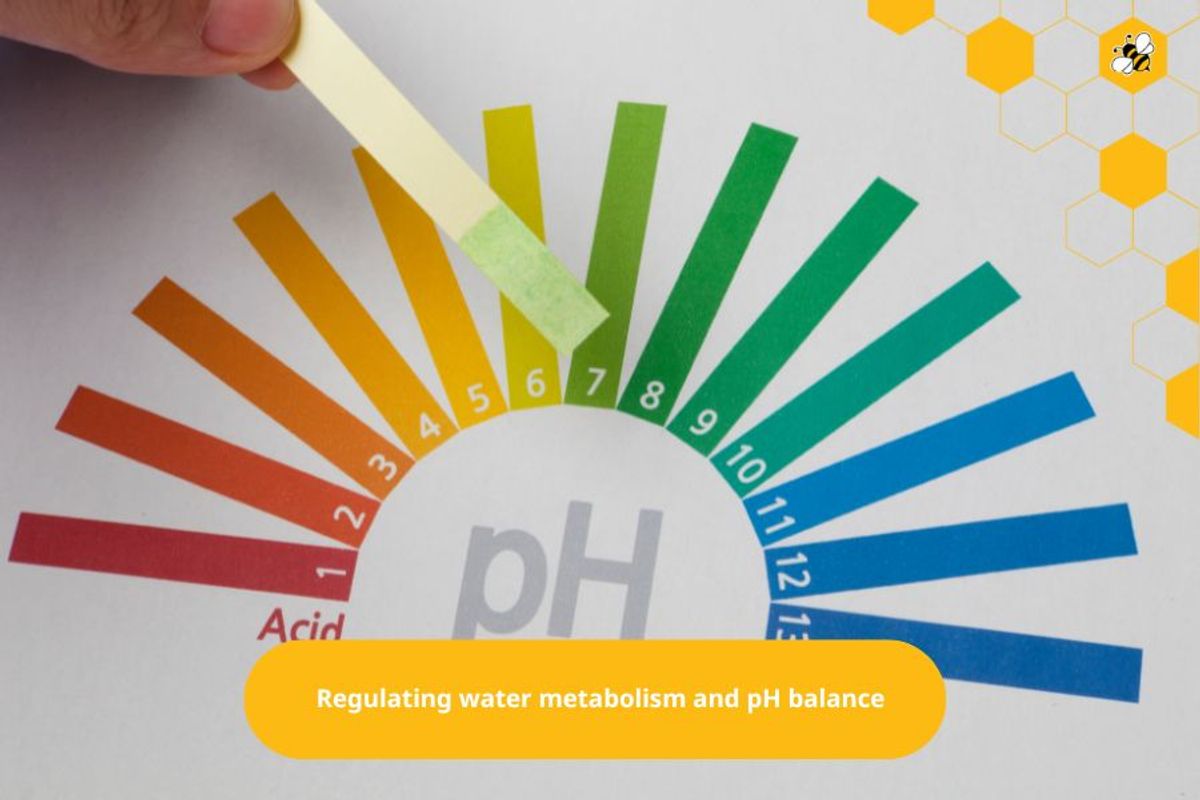
However, it is important to note that adequate protein intake requires consideration of diet and food choices. Protein deficiency can lead to malnutrition and other health problems. Make sure you have a varied diet and get enough protein from foods such as meat, fish, tofu, nuts, and grains.
Build and maintain muscle: Protein is the main component of muscle. When you consume enough protein, your muscles have enough materials to recover and grow.
Build and maintain muscle: Protein is the main component of muscle. When you consume enough protein, your muscles have enough materials to recover and grow.
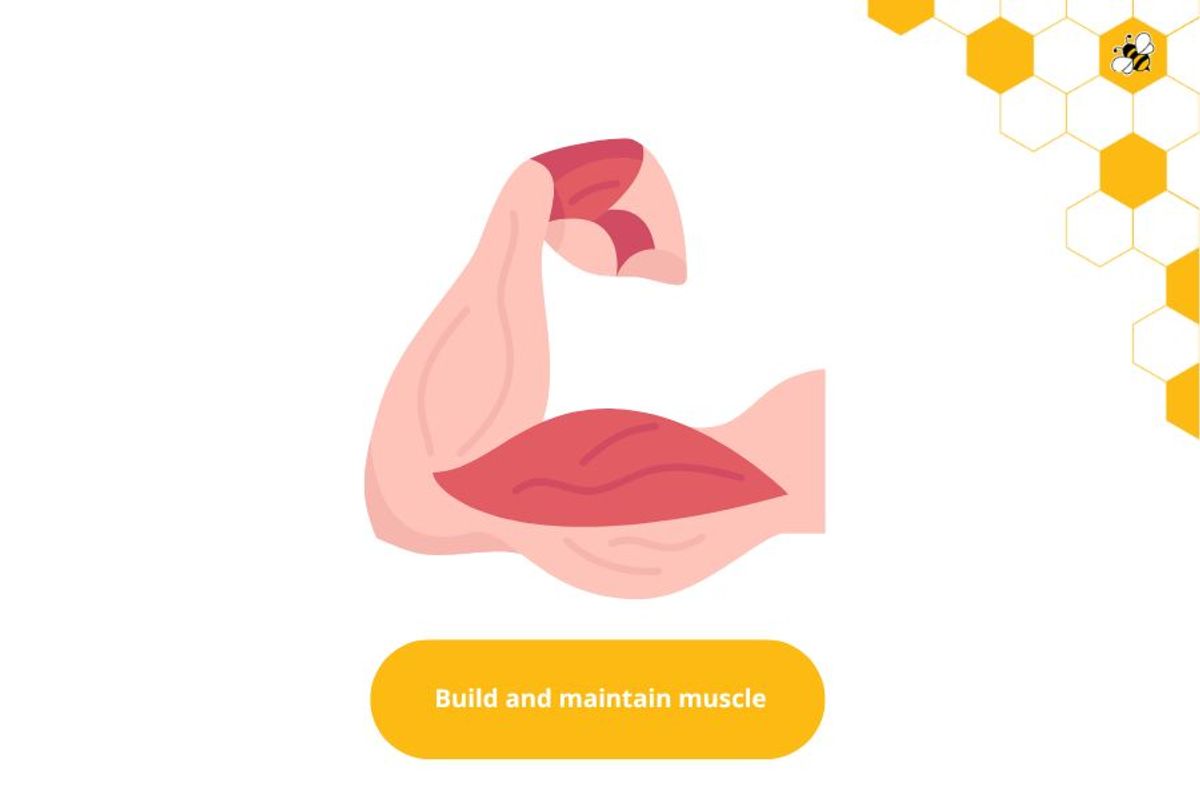
Immune system support: Amino acids work to create antibodies and immune cells, which help protect the body from bacteria and disease.
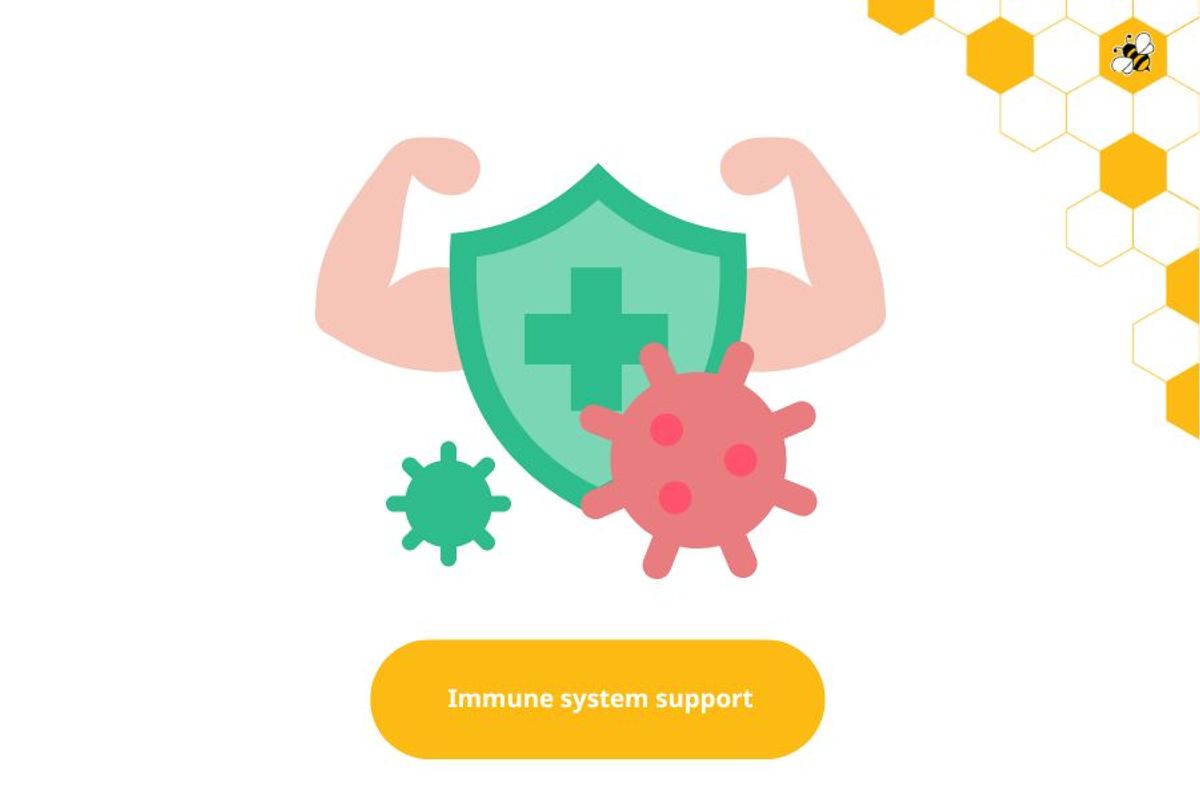
Energy generation: Protein provides energy to the body, especially when you are not consuming enough carbohydrates.
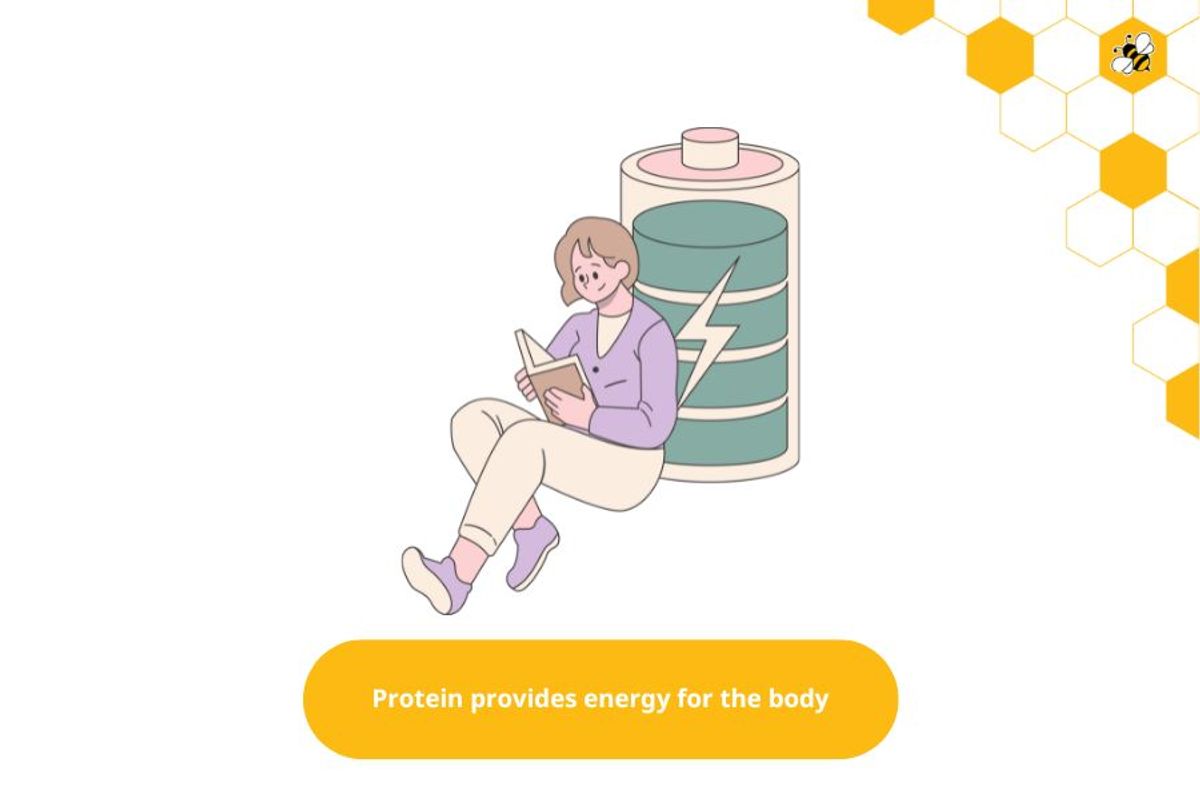
Supports metabolism: Protein is involved in many important processes in the body, including metabolism and enzyme synthesis.
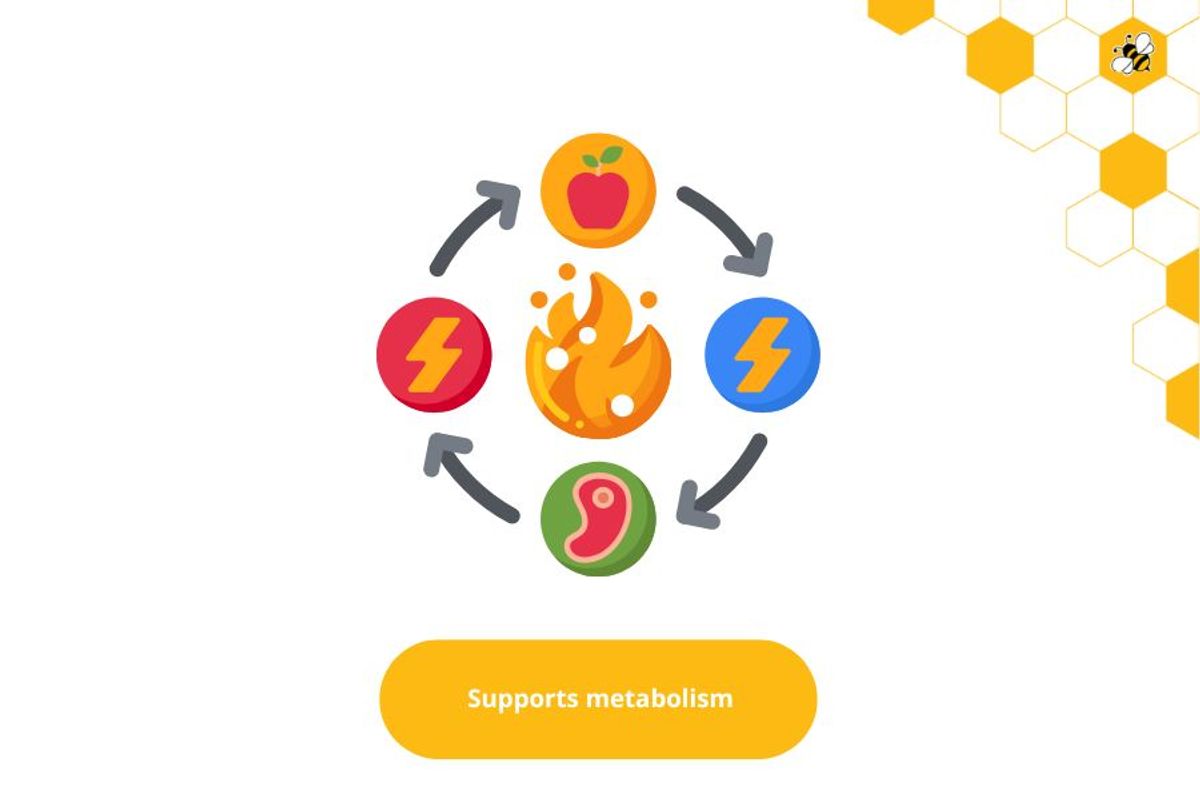
Reduce hunger: Protein keeps you fuller longer than carbohydrates and lipids. This can help you control your weight.
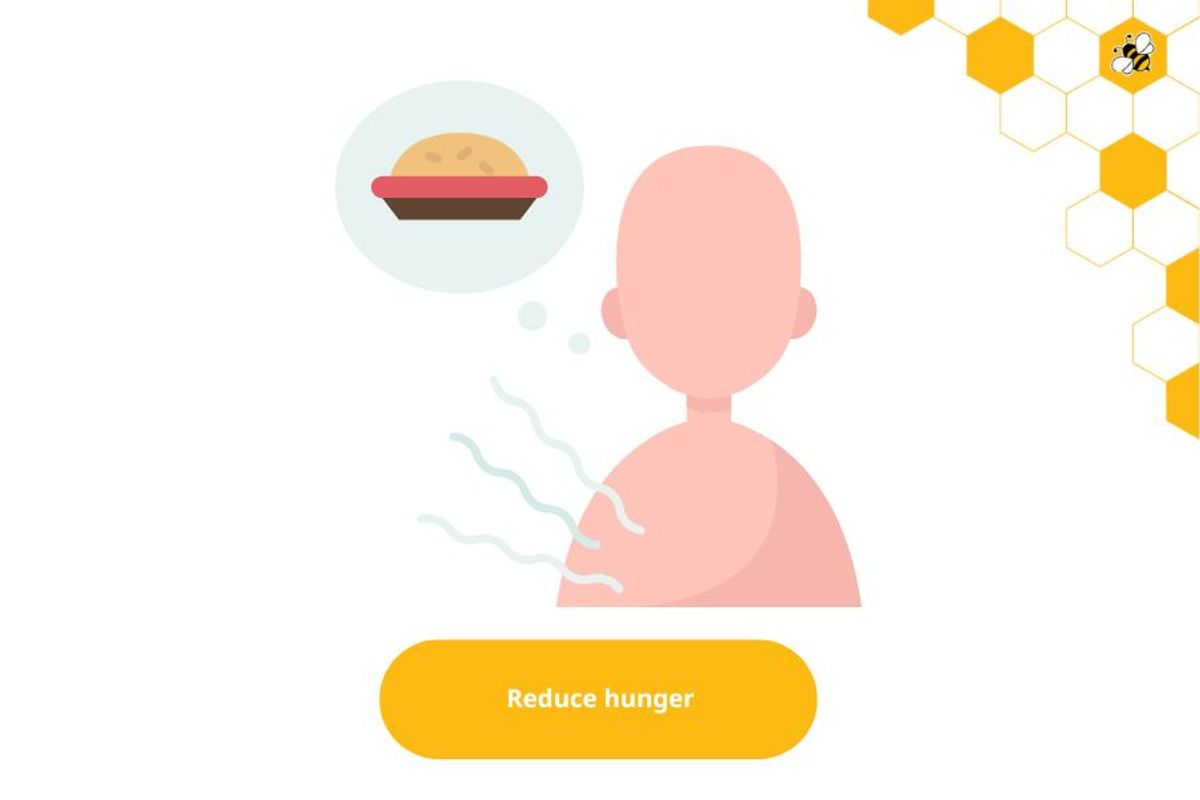
Remember, maintaining adequate protein intake in your daily diet is important for overall health. Add protein sources such as cashews, meat, fish, tofu, and eggs to your diet to ensure you are getting enough protein for your body!
How to use cashews with your diet to supplement adequate prote
To provide adequate protein for your body, you should build a reasonable diet. Some instructions:
Determine protein needs: According to recommendations, the amount of protein needed for the body is:
Children: 10 grams of protein/day.
Adolescents: 46 - 52 grams of protein/day.
Adults: 56 - 71 grams of protein/day.
For people who are often active such as heavy workers, people who exercise, and athletes, the level of protein use will be higher.
Build a sufficient diet:
Ensure the body's needs.
The time to build a meal must be long enough.
The number of meals and specific energy for each meal.
Ensure nutritional diversity for meals.
Ensure the level of digestibility and nutritional value of the meal.
Choose delicious cashews and add them to your diet:
Cashews are a good source of protein, containing many healthy unsaturated fats and minerals such as copper, magnesium, and manganese.
Eat enough cashews, not too much or too little to ensure the best benefits for your health.
Determine protein needs: According to recommendations, the amount of protein needed for the body is:
Children: 10 grams of protein/day.
Adolescents: 46 - 52 grams of protein/day.
Adults: 56 - 71 grams of protein/day.
For people who are often active such as heavy workers, people who exercise, and athletes, the level of protein use will be higher.
Build a sufficient diet:
Ensure the body's needs.
The time to build a meal must be long enough.
The number of meals and specific energy for each meal.
Ensure nutritional diversity for meals.
Ensure the level of digestibility and nutritional value of the meal.
Choose delicious cashews and add them to your diet:
Cashews are a good source of protein, containing many healthy unsaturated fats and minerals such as copper, magnesium, and manganese.
Eat enough cashews, not too much or too little to ensure the best benefits for your health.
To supplement the appropriate amount of protein for the body
You can combine cashews with your diet as follows
Eat cashews directly: Cashews can be eaten whole or roasted to enhance the flavor. A small amount of cashews in your daily diet will provide the necessary protein.
Add to breakfast: Mix cashews into breakfast such as muesli, yogurt, or bread. This is a good way to add protein and fiber to your diet.
Combine with vegetables and meat: Add cashews to salads or combine with chicken or fish to increase the protein content of the meal.
Eat as a snack: Cashews can be eaten directly as a snack between meals.
Use in dishes: Cashews can be added to salads, stir-fried noodles, or other dishes to increase the protein and fat content. Cashews are also a good choice for vegetarian dishes.
Add to breakfast: Mix cashews into breakfast such as muesli, yogurt, or bread. This is a good way to add protein and fiber to your diet.
Combine with vegetables and meat: Add cashews to salads or combine with chicken or fish to increase the protein content of the meal.
Eat as a snack: Cashews can be eaten directly as a snack between meals.
Use in dishes: Cashews can be added to salads, stir-fried noodles, or other dishes to increase the protein and fat content. Cashews are also a good choice for vegetarian dishes.

Remember to maintain a balanced diet and combine cashews with other foods to ensure adequate protein for the body!
Summary
Although cashews do not contain enough protein, they also contain a relatively good amount of protein for our bodies. Eating cashews can still provide adequate nutrients for the body to improve health and support the treatment of some diseases. Eat cashews in moderation to enjoy the health benefits that cashews bring.